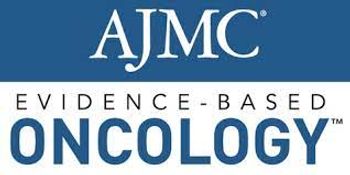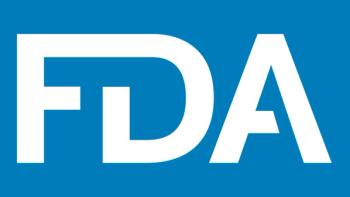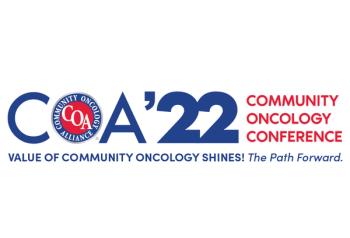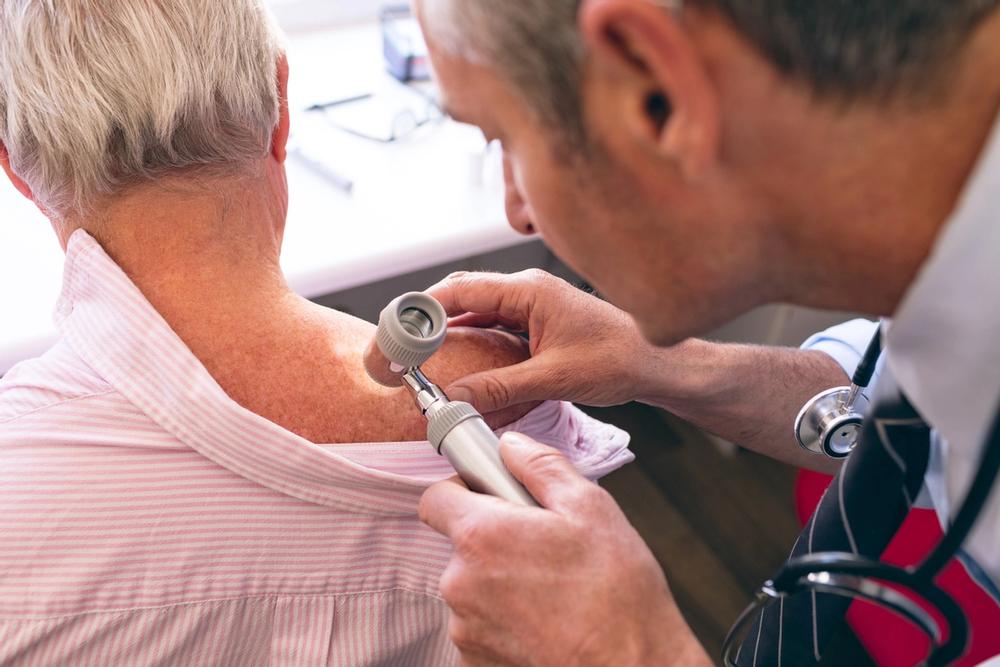Health System
Latest News

Latest Videos
CME Content
More News

Addressing the opioid crisis will require a strong, multifaceted approach that includes efforts to prevent addiction before it begins. By passing the NOPAIN Act, Congress can seize the win-win opportunity to reduce unnecessary exposure to opioids, while protecting—and expanding—a patient’s right to choose their own care.

Davey Daniel, MD, chief medical officer, OneOncology, speaks on the knowledge, infrastructure, and payer-related barriers that are limiting the use of genomic testing in the management of patients with lung cancer.

Joseph Alvarnas, MD, vice president of government affairs at City of Hope and chief clinical adviser of AccessHope in Duarte, California, spoke March 4 at the closing session of the Association for Community Cancer Centers (ACCC) Annual Meeting & Cancer Business Summit in Washington, DC.

Coverage of our peer-reviewed research and news reporting in the health care and mainstream press.

Bristol Myers Squibb settles lawsuit on conspiring to block generic competition to HIV drugs; FDA grants emergency use authorization to a novel breath test that can detect COVID-19 within 3 minutes; health savings accounts (HSAs) are being used less effectively by minority and low-income populations.


News on 2 new CAR T-cell therapies and updates on PARP inhibitors, BTK inhibitors, and biosimilars.

Coverage from the Community Oncology Alliance 2022 Community Oncology Conference, held March 17-18 in Kissimmee, Florida.

To mark Black Maternal Health Week, The American Journal of Managed Care® sat down with Breana Lipscomb, the senior advisor of Maternal Health & Rights at the Center for Reproductive rights, to better understand how the United States came to have such poor maternal care, and what can be done to address disparities.

Accenture’s 2021 report, “The Future Is Now: How to Drive Precision Oncology Adoption," adds to the chorus calling for greater sharing of data and improved standardization, so that academic centers and community practices alike can continually improve data sets used worldwide.

Findings of a survey of large employers indicate that utilization management tools are ineffective in controlling health care costs for employees and may lead to barriers to treatment.

Reduced health-related quality of life was identified in patients with chronic rhinosinusitis with nasal polyps compared with the general population—regardless of previous sinus surgery or presence of comorbidities.

White House seeks to reduce medical debt of Americans amid rising inflation; Biden administration asks federal appeals court to resume enforcement of a COVID-19 vaccine mandate for federal employees; Philadelphia to reimpose mask mandates in indoor public settings.

Patient-reported treatment goals for psoriasis showed varied preferences according to characteristics such as age, severity, and gender, but the top goal overall was to have confidence in the therapy.

Circulating B cell–activating factor was shown to be a potential biomarker in identifying blood eosinophil counts and risk of postoperative nasal polyp recurrence among patients with chronic rhinosinusitis with nasal polyps (CRSwNP).

Robert Sidbury, MD, MPH, Chief, Division of Dermatology, Seattle Children's Hospital, discussed how new guidelines issued by the American Academy of Dermatology (AAD) regarding comorbidity risk in patients with atopic dermatitis will influence the condition's treatment.

Coverage of our peer-reviewed research and news reporting in the health care and mainstream press.

The clinical utility of genomic profiling was demonstrated in patients with advanced gastrointestinal (GI) cancers whose access to targeted therapies based on tissue-based assay findings was similar to those with non-GI cancers.

Without addressing rising costs, the problem of underinsurance in health care coverage will remain, said panelists at the 2022 V-BID Summit, discussing some of the smaller steps that are being proposed or are already in place to try to ease the financial burden.

Young adult men with chronic rhinosinusitis with nasal polyps were shown to be at greater risk of nasal polyp recurrence after endoscopic sinus surgery than elderly men and adult women of all ages.

Stephen Rozzo, PhD, associate vice president and head, Biologics Medical Affairs, Sun Pharma, North America, explains tildrakizumab’s mechanisms of action in the treatment of psoriasis and how the drug differs from other approved biologics.

At the 2022 V-BID Summit, hosted by the Center for Value-Based Insurance Design at the University of Michigan, representatives of CMS and the Commonwealth Fund gave an update on the efforts to monitor, evaluate, and improve health equity in the United States.

Patients with atopic dermatitis who achieved rapid changes in skin pain severity with the Janus kinase inhibitor baricitinib were associated with clinically significant improvement in Dermatology Life Quality Index scores.

What We're Reading: ACA Coverage Expansion; New Heart Failure Guidelines; Poor Air Quality Worldwide
The Biden administration plans to expand Affordable Care Act (ACA) coverage to more families; new guidelines jointly announced by cardiology organizations for the treatment and prevention of heart failure; World Health Organization estimates that 99% of people worldwide are exposed to poor air quality.

Two abstracts presented at the 2022 American Academy of Dermatology (AAD) Annual Meeting explored the health-related quality of life (QOL) and mental health impact of psoriasis disease burden by severity and affected body region.













